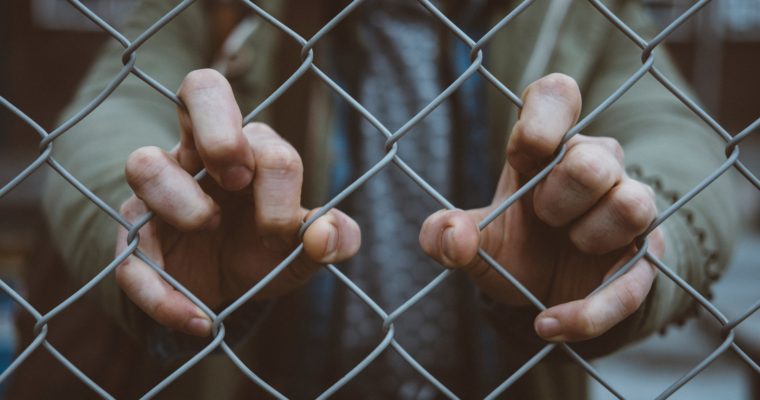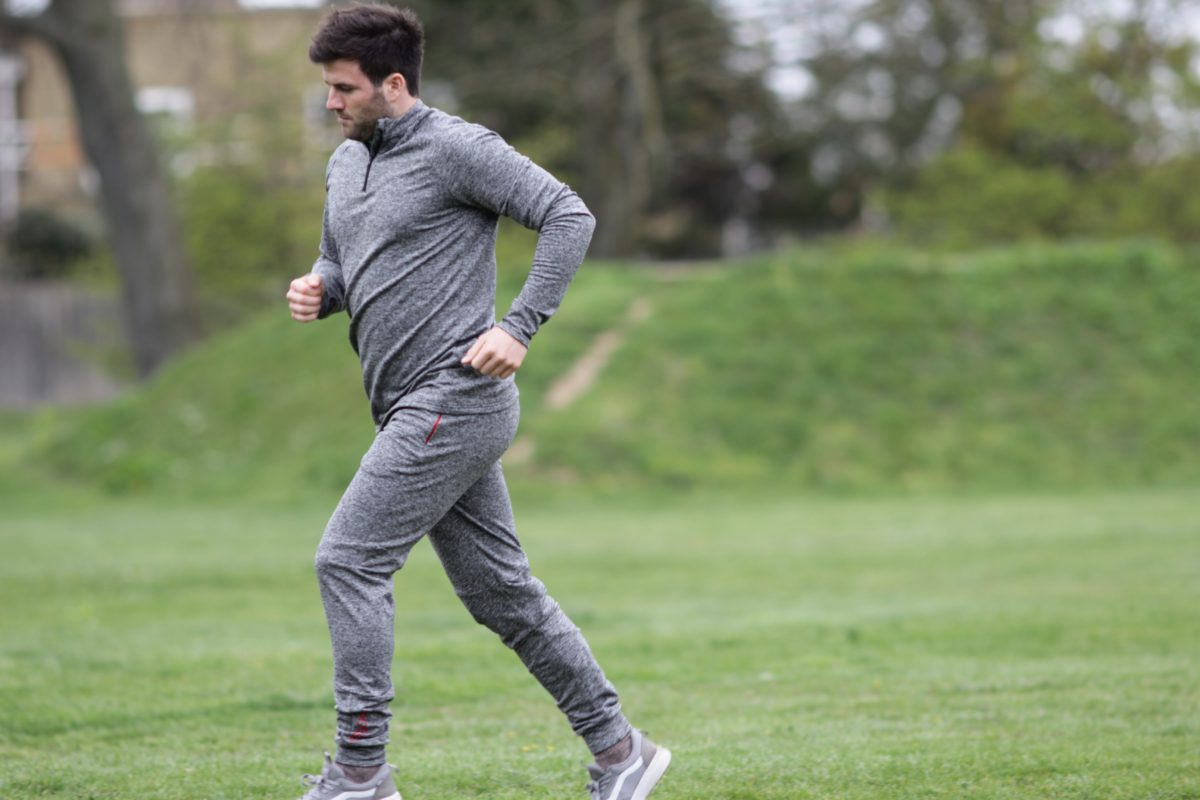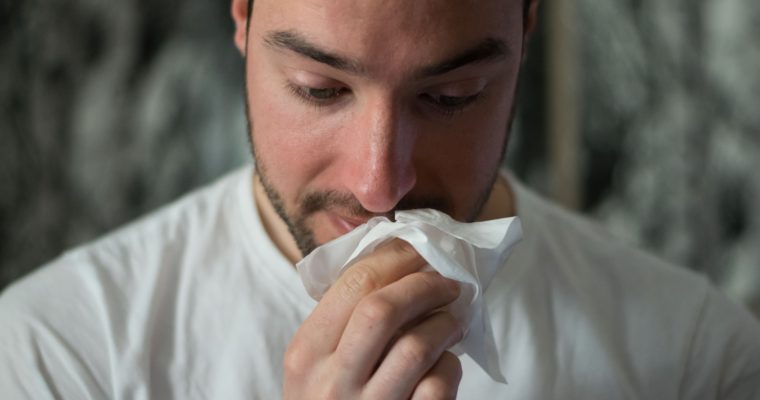All throughout winter and fall you have been waiting for the moment to put on your shorts and get outside to exercise. The sun is shining, the wind is running through your hair and all of a sudden you get that familiar tingle in your nose – your allergies have started again. But just because your allergies are back, doesn’t mean you have to head back inside. Here are six ways to keep you outside even though your allergies are telling you to run back to the couch:
Pollen. Pollen. Pollen.
As spring hits, so does Pollen. Pollen is one of the most common of the well-known allergies and can make you sneeze enough to blow yourself back to your couch and put on Netflix. But knowing your allergy and when it would be at its peak is the secret to staying outside. USA News reports that pollen is usually at its peak levels in the morning and during warm, dry windy weather. So try to switch your morning run to an afternoon or evening activity.
Cover your hair
Wearing a hat is an essential part of staying outside to exercise. New York-based Fitness Trainer, Lisa Lynn, says that wearing a hat is important so pollen does not stick to your hair. “You want to cover your head so you don’t get pollen in your hair and let it continually irritate you.” Many people do wear hats when running anyway, this helps keep hair out of their face and also protects them from the sun.
Click here for more information on allergies – Allergy Season vs. Oral Allergies by Jerry Hickey, R. Ph
Shield your eyes
If the first thing you notice when you step outside to start your run or walk is an irritation in your eyes, then you should plan ahead and buy sports goggles. If you already wear glasses for vision, try getting an attachable band to secure them around your head so that they do not fall off while you are exercising.
Cleanliness goes a long way
Make sure that you come back to a clean, irritant-free house. Dust, vacuum or scrub surfaces that collect dust. Also, you should always bathe after exercising. This step is super important, more so for allergy sufferers. The pollen and other irritants can stick to your bodies and, even though you head inside after your workout, it can still irritate your skin and eyes. If you are exercising at night, be sure to shower thoroughly before you jump into bed. Lying in bed without showering will just transfer those irritants on your body onto your bed.
Off the Path
Before even heading outside, always be sure that you are drinking enough water and that you are eating a healthy, balanced diet. Lynn explains, “Drinking buckets of water is great for the production of sweat. There is evidence that suggests eating fruits and vegetables high in vitamin C may help reduce allergy symptoms and can make you feel good, because they’re natural sources of energy.” Also, always make sure to wear proper running and walking sneakers.
Source: health.usnews.com
Do you suffer from seasonal allergies? If so, comment below and tell us how you prepare to exercise outside while battling allergies.




